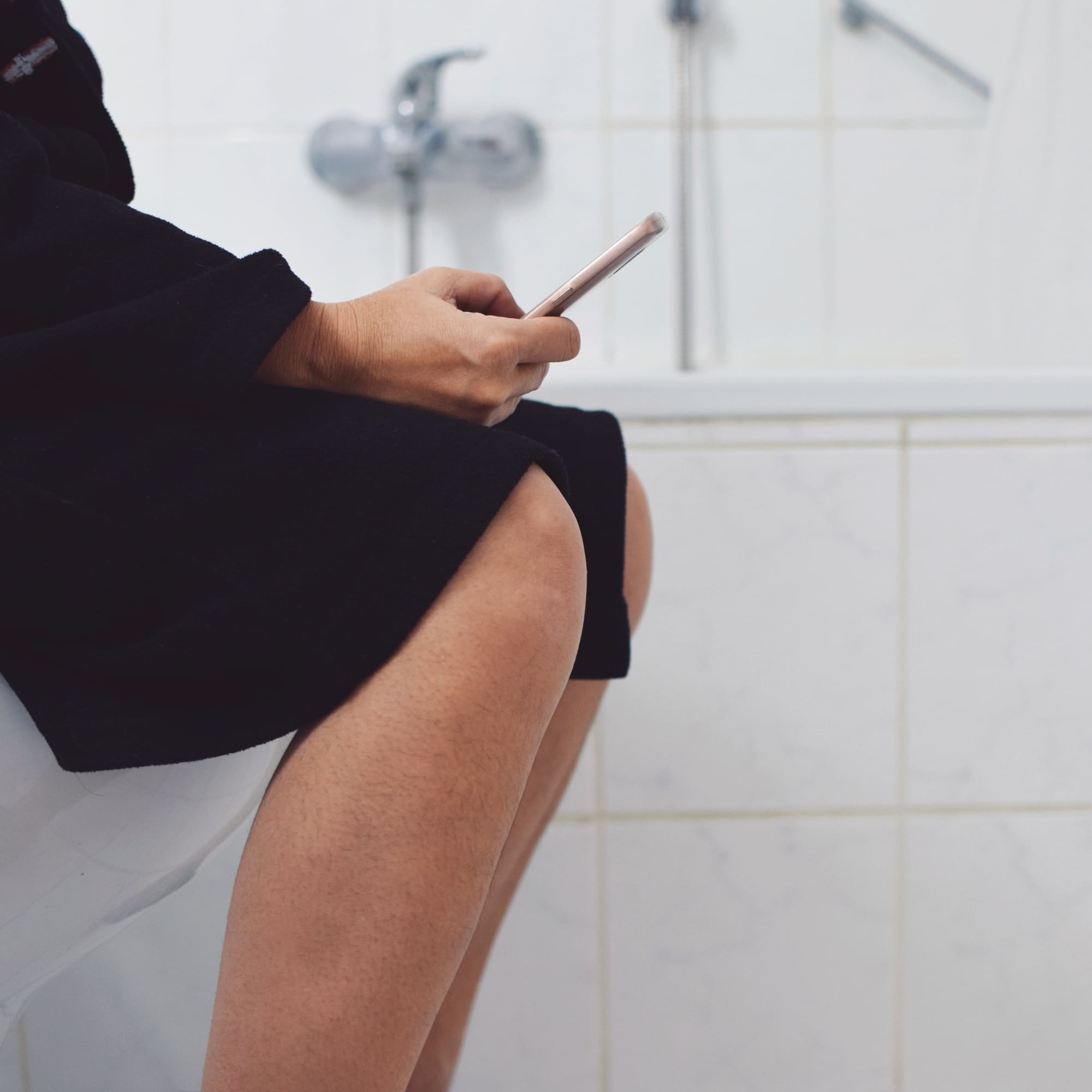
- POPSUGAR Australia
- Fitness
- Cranberry Gummies Might Taste Great, but You Can’t Count on Them For UTI Prevention
Cranberry Gummies Might Taste Great, but You Can’t Count on Them For UTI Prevention

If you’re looking for ways to help prevent UTIs or just improve your urinary tract health, it might be tempting to toss a bottle of cranberry gummies into your shopping cart. The gummy-vitamin market is hot, and they usually taste as good as a piece of candy. Unfortunately, that doesn’t mean you can necessarily count on them to make a difference in your run-ins with UTIs.
So why are cranberries associated with UTI prevention anyway?
According to Wai Lee, MD, the director of Female Pelvic Medicine and Reconstructive Surgery at the Northwell Smith Institute for Urology, cranberries contain compounds called proanthocyanidins (PACs), which are thought to help inhibit the process of UTI-causing bacteria attaching to the surface of the bladder wall and colonizing.
Despite its popularity, cranberry has yet to be scientifically confirmed to prevent UTIs. Dr. Lee noted that in 2019, the American Urological Association conditionally recommended “cranberry prophylaxis for women with recurrent UTIs,” which he said means there was no evident harm or benefit in its use based on available scientific literature.
What’s more, Dr. Lee said the studies available were all done on different forms of cranberry supplements, such as juice, powder, and tablets, and all of these forms have differing levels of PACs.
“Studies have also shown that human subjects ingesting cranberry capsules with at least 36 mg of PACs appear to have the most urinary bacterial anti-adhesion activity,” he explained. “As such, only a few products exist on the market that contain at least 36 milligrams of PACs.”
So while cranberry gummies may have more of an appetizing draw than tart, unsweetened cranberry juice (you gotta give them that!), they may not help ward off UTIs.
“While I’m sure they are delicious, none of the products I found specifically listed the amount of PACs on the label. I would therefore not recommend to my patients any product that did not contain at least 36 milligrams of PACs,” Dr. Lee explained.
However, there are other lifestyle changes you can implement to help prevent UTIs – starting with drinking more H2O. “I always tell my patients to start with increasing their daily water intake to dilute their urine and flush out bacteria before they have a chance to colonize,” Dr. Lee said.
He added that increasing daily fibre intake, on top of drinking more water, might help prevent constipation that may contribute toward the development of UTIs.
The Mayo Clinic also recommends urinating shortly after sexual intercourse and staying away from potentially irritating feminine hygiene products, like deodorizing sprays, douches, and powders.
If you think you have a UTI, are struggling with recurrent UTIs, or want more tips on what you can do to keep your urinary tract healthy, be sure to call your doctor for personalized advice.


